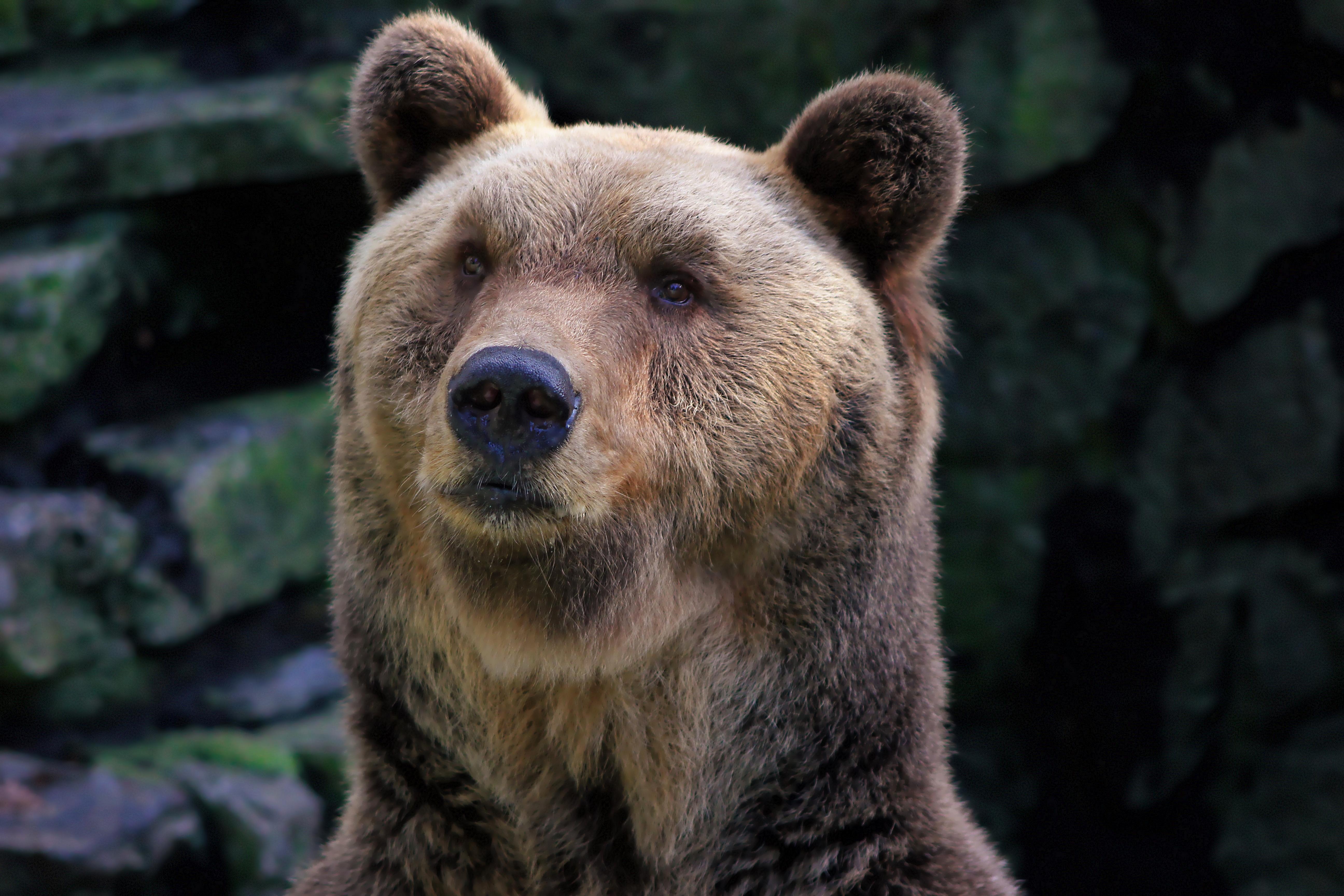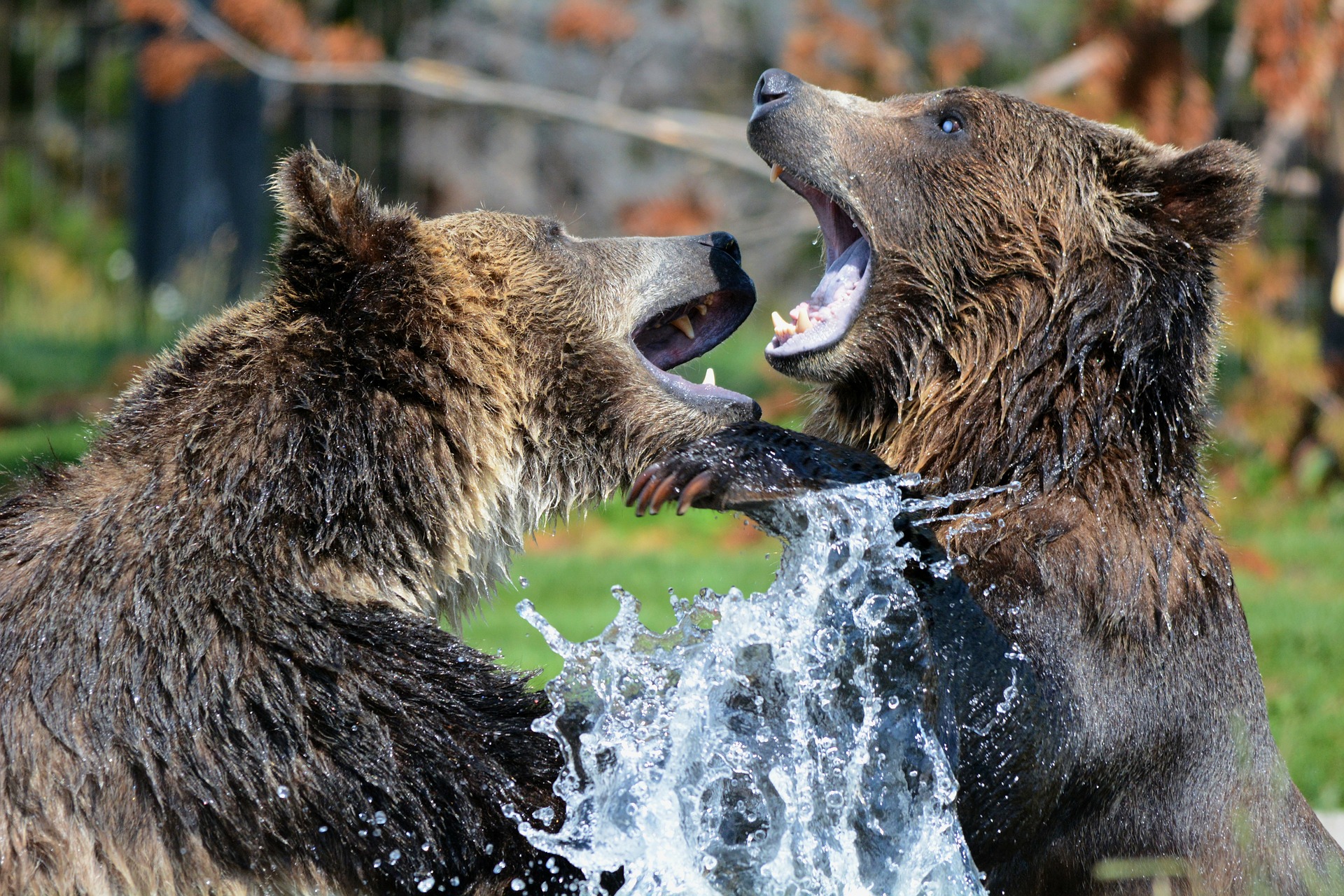Last week I was up in Stratford-upon-Avon for a couple of days to attend #Britgrad2015 Shakespeare Conference. I had a fantastic time listening to some thought-provoking papers, and presenting my own – and to my great surprise I won the 2nd prize in the Liz Ketterer Award for best abstract!
 Part of the reason for this, I’m sure, is the fact that I was talking about bears. Everyone likes bears. We grow up with smiling teddies that sit at the end of our beds. We are a nation obsessed with making this ferocious predator seem as tubby, bumbling and well-meaning as possible: think of Pooh, Paddington and Rupert. There’s something very strange about the fact we teach children to re-imagine the wild and savage as comforting and cuddly…
Part of the reason for this, I’m sure, is the fact that I was talking about bears. Everyone likes bears. We grow up with smiling teddies that sit at the end of our beds. We are a nation obsessed with making this ferocious predator seem as tubby, bumbling and well-meaning as possible: think of Pooh, Paddington and Rupert. There’s something very strange about the fact we teach children to re-imagine the wild and savage as comforting and cuddly…
Anyway, my presentation was about one very specific aspect of the British relationship with bears: the Elizabethan Beargarden. This was a theatre first called the Paris Gardens, then rebuilt as the Hope Theatre, but always locally called the Beargarden. Crowds gathered there to watch bear-baiting: a bear would be fastened, via a long chain around its neck, to a stake in the middle of a pit of sand and earth. It would then be attacked by dogs (usually mastiffs or bulldogs bred for this sport). The sport was in seeing who would come out best, and huge sums of money were sometimes gambled on the outcome:
“Meet Messieurs Sackerson (a bear most famous, as advertised in the Merry Wives of Windsor), Ned Whiting, George Stone, Tom of Lincoln. See Samson lash against the furious whips, and watch Nan Stiles, Moll Cutpurse, and Bess of Bromley take on our fierce mastiffs. New this season, crowd-favourite Harry Hunks had been blinded to add to the excitement.”
All this took place in Southwark, which was essentially the red-light district of the Tudor age – a place outside the city limits where all the things that were illegal inside the main city seemed to flourish: prostitution, gambling, and theatre. What is interesting is that bear-baiting and plays took place in these same theatres: with plays on Mondays and Wednesdays, and bears on Tuesdays and Thursdays. Shakespeare’s most famous stage-direction, “Exit, pursued by a bear”, might very easily have been taken literally on these stages.
My paper took a virtual tour of the world of bear-baiting. I talked about how Shakespeare notes that bear fail the mirror test (unlike chimps, elephants and magpies who can recognise their own reflection), and how bear-baiting was enjoyed by all classes in Tudor and Elizabethan England. I discussed the polar bear in the Tower of London and the bear given to Princess Anne by Khrushchev. I talked about the Puritans who cursed the Beargarden and saw its collapse as a message from God. I talked about the best ‘prize-fighter’ bears being paraded in the streets to advertise the shows, and the town that spent the money it had scrimped and saved for a new Bible on a fighting bear instead.
I also talked about the weird statistical anomaly that suggests that you were more likely to get killed by a rampaging bear escaped from the Beargarden enclosures if your name was Agnes!
I can feel a story brewing about bears…

Poet in Residence
This weekend, Saturday 13th and Sunday 14th June, I’m at the Open Garden Squares Weekend . This is an annual event where 200 garden in London (many usually kept secret or private) are opened up for exploration. This year the Poetry School has placed 16 poets in selected gardens. I’m the poet-in-residence at Bunhill Fields, […]